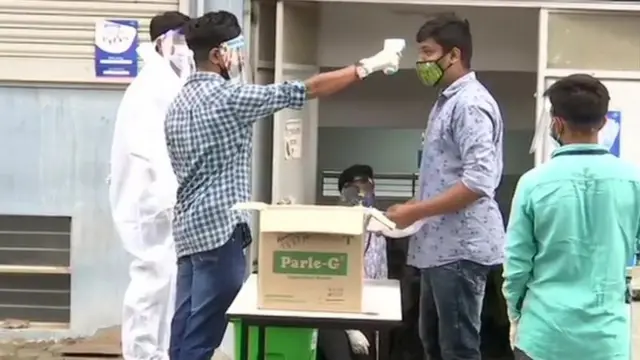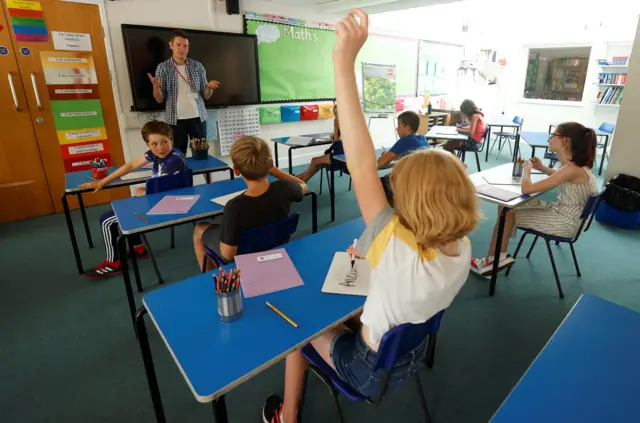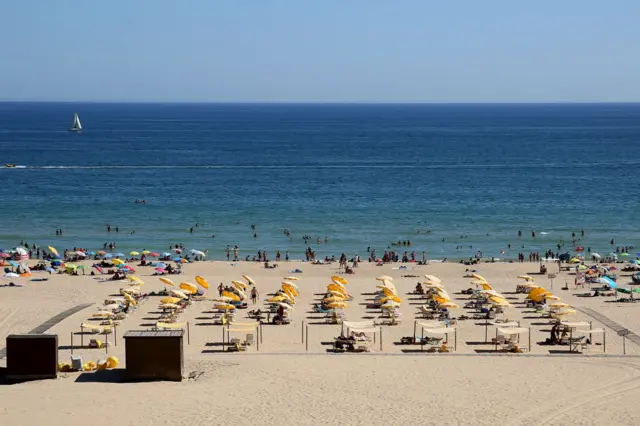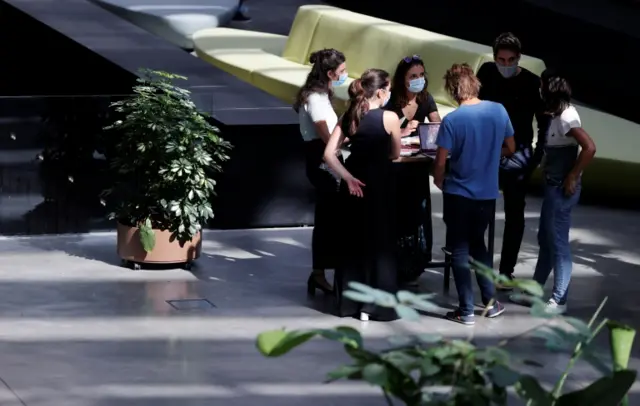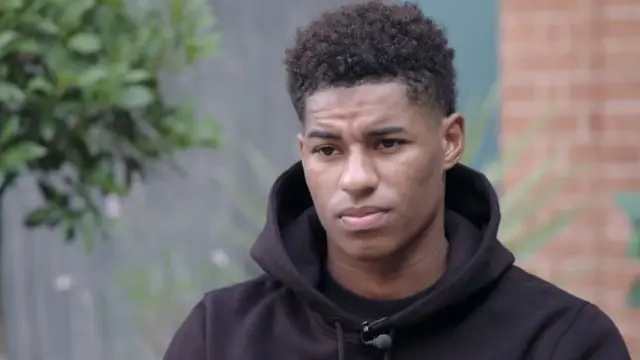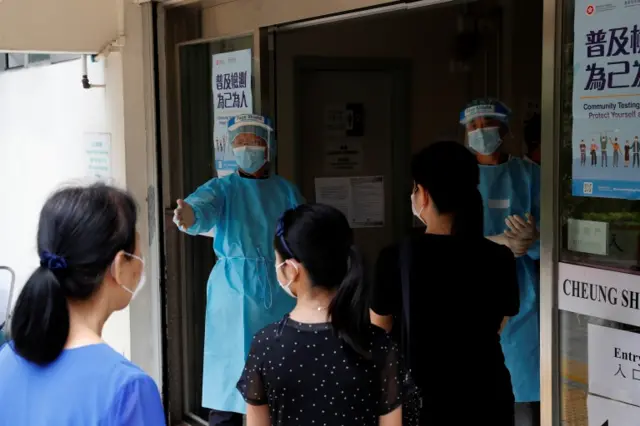Is everyone here? Zoom profits double as revenues skyrocketpublished at 08:13 BST 1 September 2020
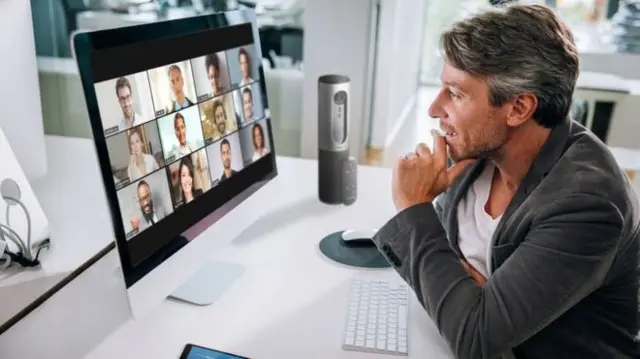 Image source, Zoom
Image source, ZoomIs everyone here?
Video conferencing apps remain crucial to many of us due to the increase in remote working because of the pandemic. And Zoom has seen its revenues skyrocket as second quarter profits more than doubled due to the coronavirus crisis.
Revenues leaped 355% to $663.5m (£496.3m) for the three months ending 31 July, beating analysts' expectations of $500.5m.
Profits soared to $186m, while customer growth rose 458%, compared with the same period in 2019.
Key to Zoom's success was its ability to add paying customers - high-budget corporate clients - as opposed to those who use its services for free.
The company said that its large customers - firms that generated more than $100,000 in revenue in the past year - doubled to 988 during the quarter.
